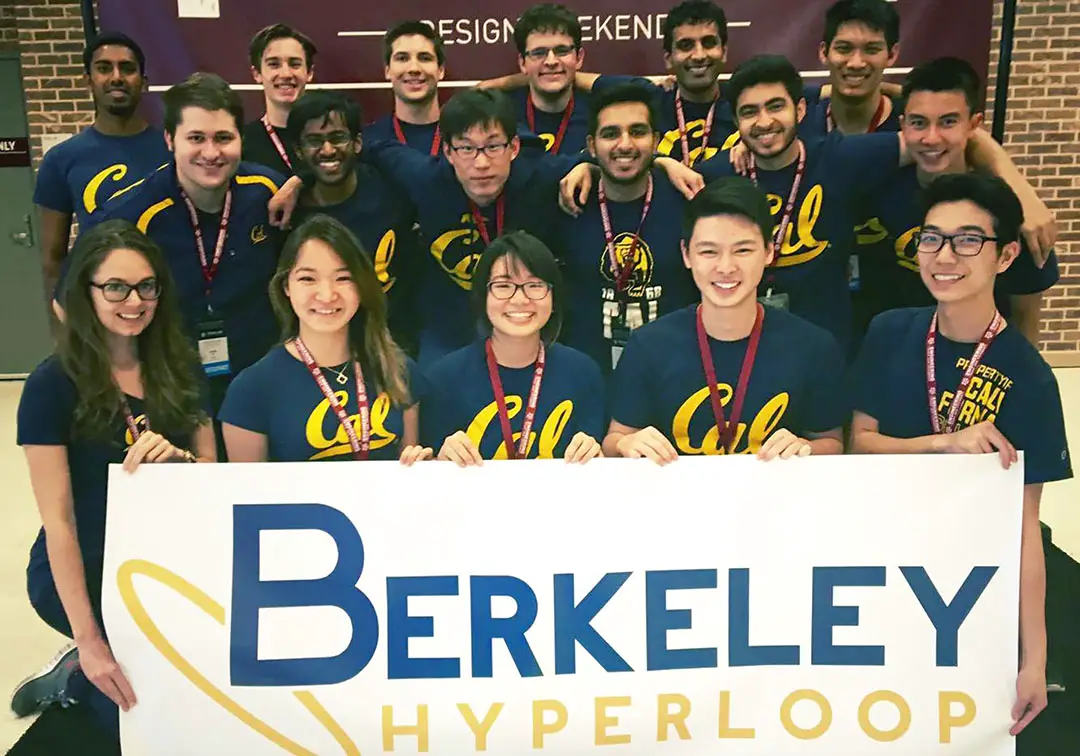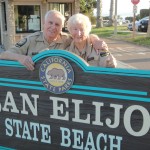Lightning fast public transportation has been a national discussion for years.
For one former Pacific Ridge High School student, however, it will be a reality.
Tyler Chen, a freshman at the University of California, Berkeley, has embarked on a whirlwind first year on campus. He joined a group of 42 other students to tackle the issue of high-speed trains.
His team entered Hawthorne-based SpaceX’s open competition to develop its open-sourced project dubbed Hyperloop.
A massive engineering project should it ever be implemented, Hyperloop was developed in 2013 with the goal of taking passengers from Los Angeles to San Francisco in 30 minutes.

Passengers would board a “pod” incorporating reduced-pressure tubes in which the pods would ride on an air cushion driven by linear induction motors and air compressors.
“The competition is to, first of all, design … the Hyperloop Pod,” Chen said. “If you pass the first round, you move on to the build stage.”
On SpaceX’s website, the company announced it has no financial or physical stake in Hyperloop, but instead wants to “accelerate development of a functional Hyperloop prototype.”
As for Chen, he found the competition last summer before enrolling, but once on campus, discovered several teams, which then morphed into one to create Berkeley Hyperloop.
The group of students, who range in majors from engineering to business, passed the first test two weeks ago at Texas A&M University at the design weekend. Teams presented their concepts to a group of SpaceX and Tesla (the automaker is also owned by SpaceX founder Elon Musk) engineers.
“It was that judging session combined with our preliminary design briefing that got us through,” said Chen, a material science engineering major.
After passing, Chen and his team will now get to test their pod at SpaceX’s test track in Hawthorne. However, the company is still constructing the one-mile track.
In the meantime, Chen said he and his team are working on securing funding to build their pod. He said their budget is $60,000, although the price may go down after receiving feedback from SpaceX.
“It’s really any company in manufacturing and interested in Hyperloop,” Chen explained. “At the moment, we don’t have any full concrete funding sources.”
Chen’s role, however, is as the lead engineer for the braking and accelerating sub team, while the team has prioritized safety, functionality and reliability. Those concepts, he said, are driven by the thought if Hyperloop does become a transportation tool, it will be highly regulated by the state and federal governments.
Of course, raising funds for a complicated engineering project is no easy task. Chen said the university has chipped in some money, but the team is reaching out to several other companies with a stake in Hyperloop, or who are interested in the technology.
“As we do get funding, we should be building along the way and testing,” he added. “This is kind of the next stage for us, figuring out how we going to get the money. Based on any modifications, it could go down.”



